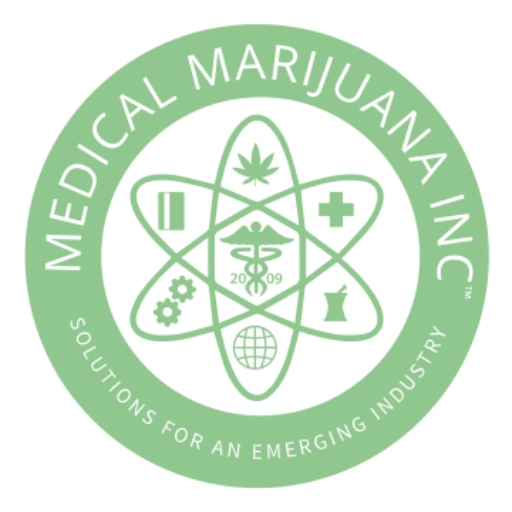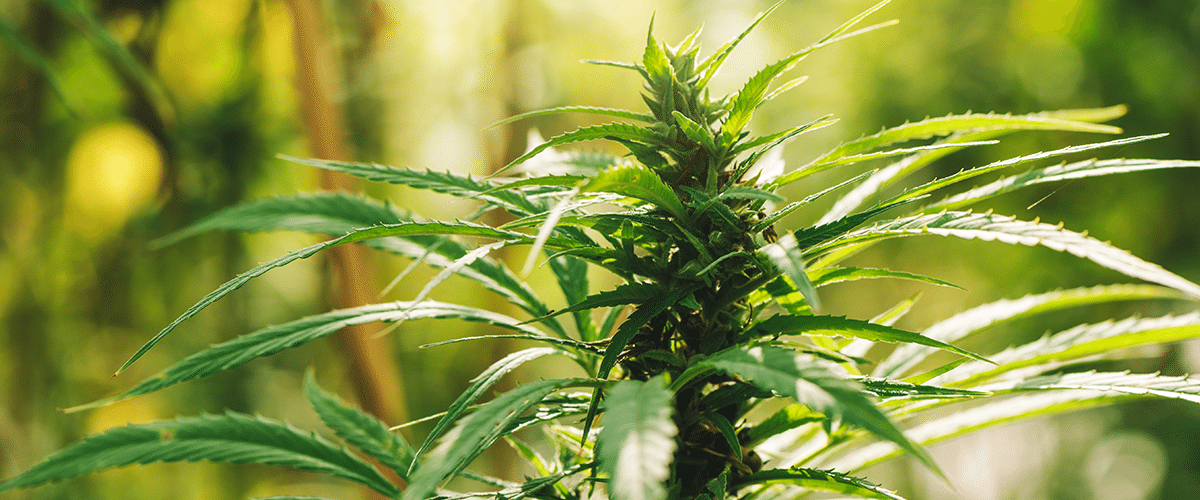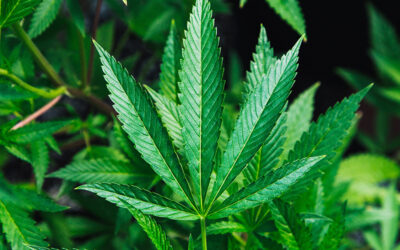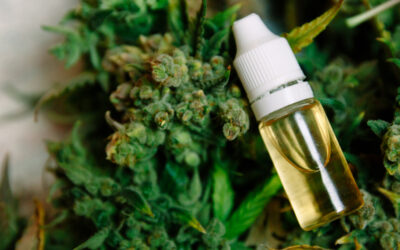[vc_row][vc_column][vc_column_text]
Pesticides, used to protect plants from damage caused by pests, are toxic and have shown to be potentially hazardous to humans. While some hemp growers use pesticides, the farmers that cultivate hemp for Medical Marijuana, Inc. never use pesticides, herbicides or chemical fertilizers.
The hemp Medical Marijuana, Inc. sources for its CBD hemp oil products is grown by a 750-family cooperative using centuries old cultivation techniques. Recognizing the health dangers associated with using pesticides, the families of farmers in Northern Europe grow our unique cultivars of hemp without the use of any toxic chemicals.
While pesticides, including herbicides and insecticides, are intended to serve as plant protection from pests like fungi, insects, and diseases, they have found to be harmful to people’s health. Pesticides, now commonly used by farmers around the world, can remain on crops like hemp and then be transferred to those who consume the plant or its extracts.
Pesticides have been linked to a wide range of human health hazards, ranging from short-term effects like nausea, dizziness, fatigue and headaches, to more chronic impacts like endocrine disruption, reproductive harm, and cancer. Studies with lab animals have linked exposure to pesticides with damage of the thyroid, liver, and nervous system, as well as changes in the immune system.
The National Cancer Institute found that American farmers, due to regularly handling pesticides, had startling incidences of leukemia, multiple myeloma, non-Hodgkin lymphoma, soft tissue sarcoma, as well as cancers of the skin, lip, stomach, brain, and prostate.
In 2009, researchers from the Agency for Toxic Substances and Disease Registry found that children in homes where pesticides were used were twice as likely to develop brain cancer. A 2007 study conducted by the Public Health Institute, the California Department of Health Services, and the U.C. Berkeley School of Public Health found that children whose mothers were exposed to pesticides had six times the risk of developing autism.[/vc_column_text][/vc_column][/vc_row][vc_row][vc_column][vc_single_image image=”17298″ img_size=”1200×250″ onclick=”custom_link” img_link_target=”_blank” link=”https://www.medicalmarijuanainc.com/why-do-we-refer-to-hemp-as-industrial-hemp/”][/vc_column][/vc_row][vc_row][vc_column][vc_column_text]While most crops require the use of pesticides to survive and thrive, hemp is different. Once the crop is planted, it actually requires little attention from farmers. First, hemp simply has fewer pests than most crops. Nearly 300 insect pests have been described on hemp and marijuana, according to a report published in the Journal of the International Hemp Association, but very few cause economic crop losses. Cannabinoids, which are natural chemical compounds found in hemp, naturally possess insecticidal properties and reportedly inhibit or kill bacteria, fungi, and insects. Also, hemp grows tall and thin, so it can be planted tightly together, which in turn allows the plants to protect each other from outside pests.
Hemp oil is consumed orally, rubbed on topically, or absorbed through the mucous membranes, and any pesticide residue present could also be ingested. Unfortunately, some hemp farmers still opt to use pesticides to manage pests.
The families of farmers that grow hemp Medical Marijuana, Inc. do so without the use of any toxic chemicals. To further ensure the safety and consistency of our hemp oil, we were the first cannabis company to create strict quality standards. Our hemp is tested periodically during the growing season and again after harvest to check that it’s free of chemicals, heavy metals, and other potential contaminants. Once our CBD hemp oil is extracted from the plant, it is tested another three separate times to assure it’s free of any possible residual contaminants. We detailed our strict testing standards here.
Learn more about the natural health and environmentally friendly properties of hemp by reading our article, “Healing With Hemp: Health For You, Health For The Planet.”[/vc_column_text][/vc_column][/vc_row]






